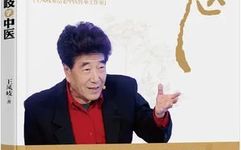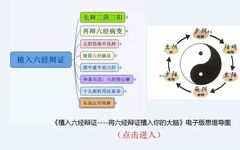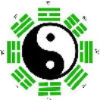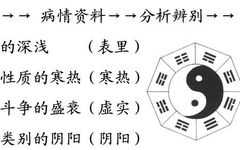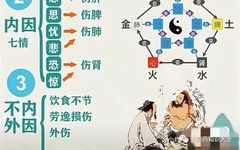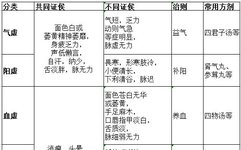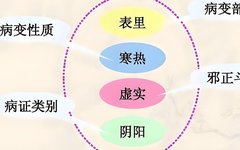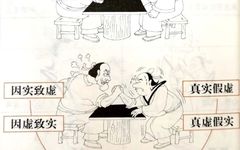The Eight Principles of Syndrome Differentiation in Traditional Chinese Medicine – Part 12
The disciple asked: Master, you have taught us the four diagnostic methods in Traditional Chinese Medicine (TCM), so how should we differentiate syndromes and diseases? The master replied: Today I will begin to discuss the syndrome differentiation methods in TCM. Traditionally, TCM focused on treatment methods, but today I will categorize it into three methods: … Read more

